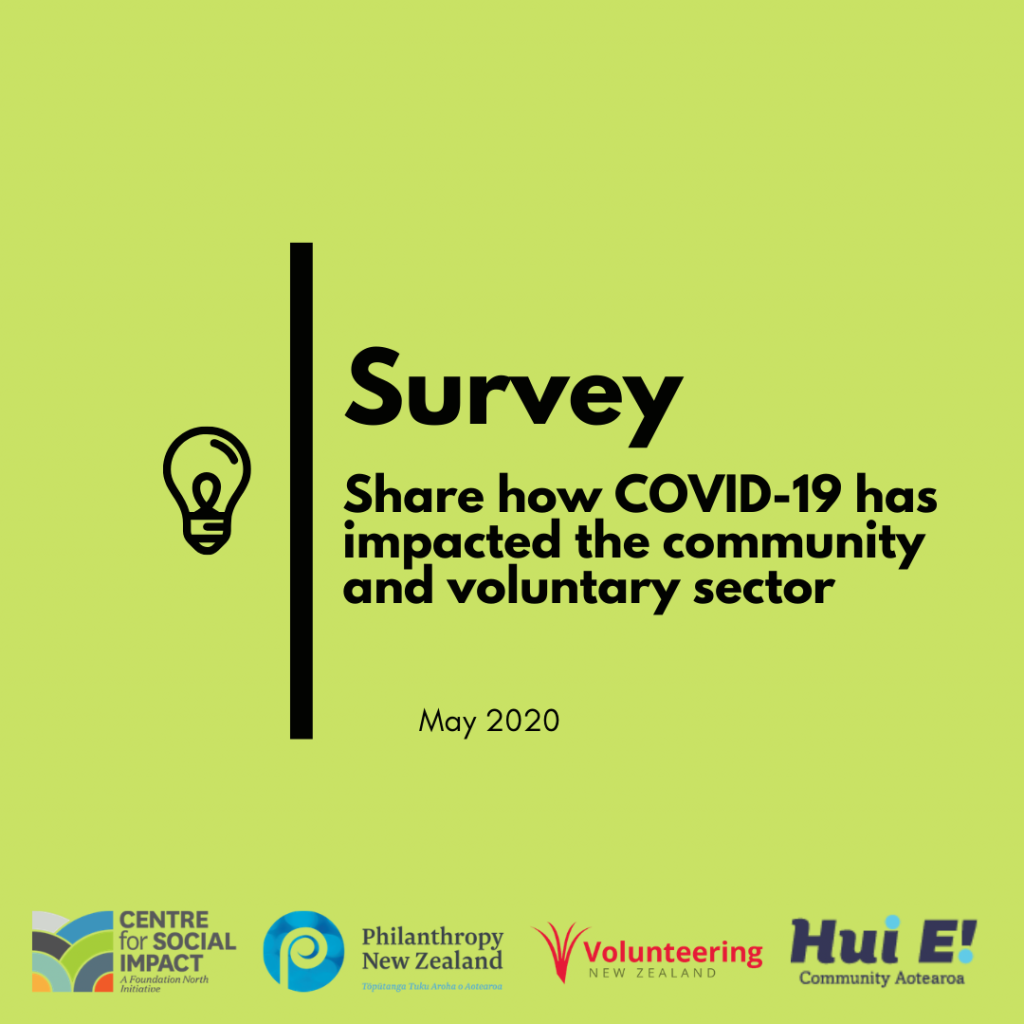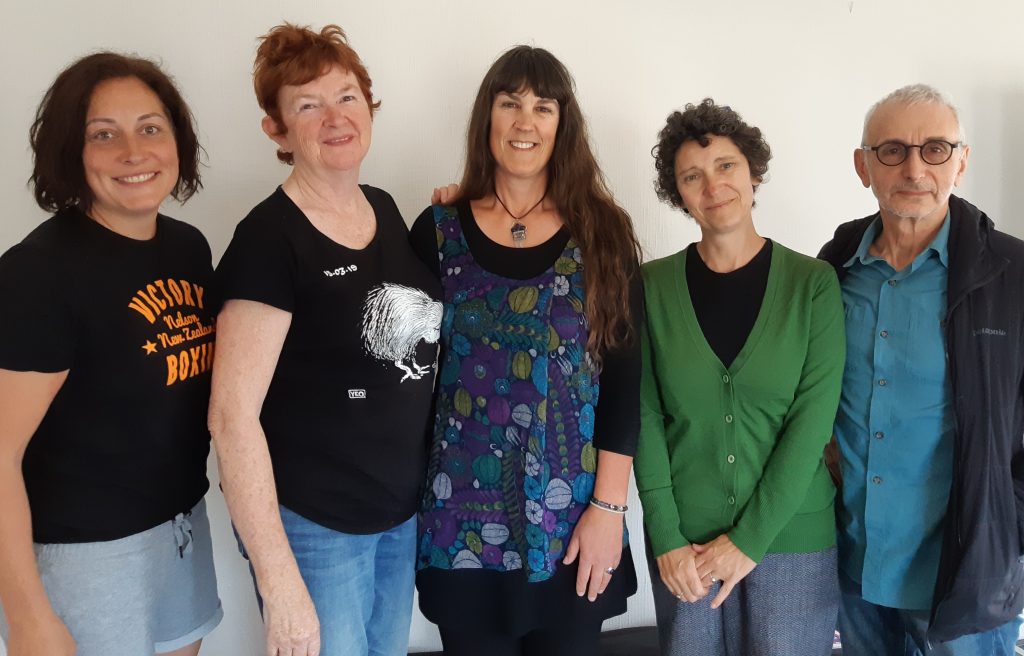Now is a great time to harness the energy of volunteering, adapting volunteering to a post-Covid world and seeking out diverse volunteer audiences, according to two articles from Engage.
In Is there a New Energy in Volunteering?, Rob Jackson and Erin Spink say they are seeing many new initiatives to develop strategies, visions and plans for volunteering.
“As the world and people’s lives change, so too must volunteering shift to fit within new ways of living, emerging priorities and values and ways of connecting. It is timely for new strategies, visions and action plans to be developed to explore how volunteering needs to adapt in a post-Covid world.”
They say that volunteering is at an all-time high in public and organisational consciousness and that volunteering gives us hope that we can change the world for the better.
The authors cite England’s “Vision for Volunteering” as a great approach. “It doesn’t faff about with naval-gazing definitions of volunteering… powerfully, it puts volunteers at the heart of volunteering.”
However, volunteerism exists within social institutions and power structures, so in order to make volunteering more inclusive, key changes need to be made, the authors say.
In a second article, Overcoming Unseen Barriers: How to Authentically Engage Diverse Volunteer Audiences, author Sam Fankuchen suggests a way volunteer managers can champion inclusion.
“The beauty of volunteering, to me, has always been that it can present an opportunity for each of us – over a session or over a career – to prioritize someone else’s needs and see the world through their eyes for a moment. And these moments cannot happen without diversity, equity, inclusion and belonging.”
He defines these terms as:
- Diversity – representation of a range of stakeholders who identify differently in one or more facets of our being
- Equity – similar access to opportunity, even when our diversity may obscure that opportunities exist and be reasonable, possible and fair to pursue
- Inclusion – welcoming design of a programme or opportunity for anyone capable of participating
- Belonging – internalising the feeling of sincere engagement in purpose and action.
Engaging with a broader audience could make the difference between how a programme operates now, and the potential for the best version of a programme.
Fankuchen suggests ways to engage with a diverse audience, including asking detailed questions about how an audience member defines themselves, and using technology to enhance the users’ experience.
“When you make small efforts to be more inclusive, bigger patterns emerge. Suddenly you make small realizations, implement incremental changes, and witness broader reach and engagement.”
These articles can be read in the Engage Journal, an online journal for volunteer engagement leaders. Volunteering New Zealand members can receive access to Engage free of charge. Email: office@volunteeringnz.org.nz if you are interested.





About The Author: Margaret McLachlan
More posts by Margaret McLachlan